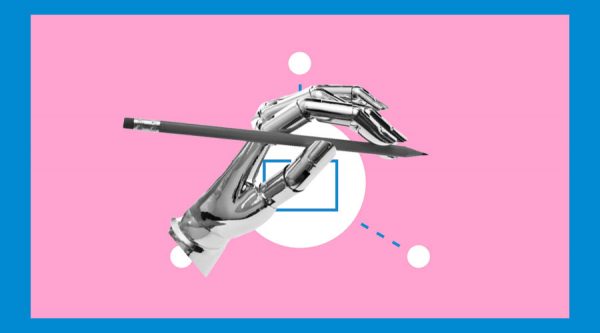The power of large AI models has reached a point where they can now generate new, smaller AI tools without the assistance of humans.
Together with the artificial intelligence technology startup Aizip, a group of researchers from the Massachusetts Institute of Technology (MIT) and multiple campuses of the University of California have said that they are able to make huge AI models, such as the one that ChatGPT operates on, reproduce themselves automatically.
At the moment, we are utilizing larger models in order to construct the smaller ones. This is analogous to a larger sibling assisting its younger brother in becoming more proficient. The CEO of Aizip, Yan Sun, stated to Fox News that this is the first step towards a more significant task of self-evolving artificial intelligence. “This is the first step in the path to show that AI models can build AI models.”
“Our technology is a breakthrough in the sense that for the first time, we have designed a fully automated pipeline,” Yubei Chen, one of the researchers, stated. “This is a first of its kind.” The technology “can design an AI model without human intervention in the process.”
Small artificial intelligence models, which are frequently referred to as tiny machine learning or TinyML, can run at a minimal cost and can be carried around on devices. This is in contrast to other huge language models, such as ChatGPT, which are said to cost $700,000 each day to run.
TinyML can be utilized for specialized tasks in a wide variety of applications, including facial recognition, hearing aid devices, and electrical appliances in the home.
“We are working on really specific tasks, the very very low-cost solutions that can be used in every corner of the world,” according to Sun.
“We are bringing the intelligence into the daily life, making life safer,” said the executive.
The group’s primary focus is on developing these miniature artificial intelligences, but they have stated that the design process can now be carried out automatically by more intelligent AI.
“In the future we believe that the large and the small will collaborate and build a complete intelligence eco-system,” according to Chen.
With the help of OpenAI, Microsoft has recently brought attention to its own modest but powerful artificial intelligence models, which the company claims have the potential to compete with ChatGPT.
The request for comment that was made by Business Insider was done outside of usual working hours, and Aizip did not immediately respond to the request.









